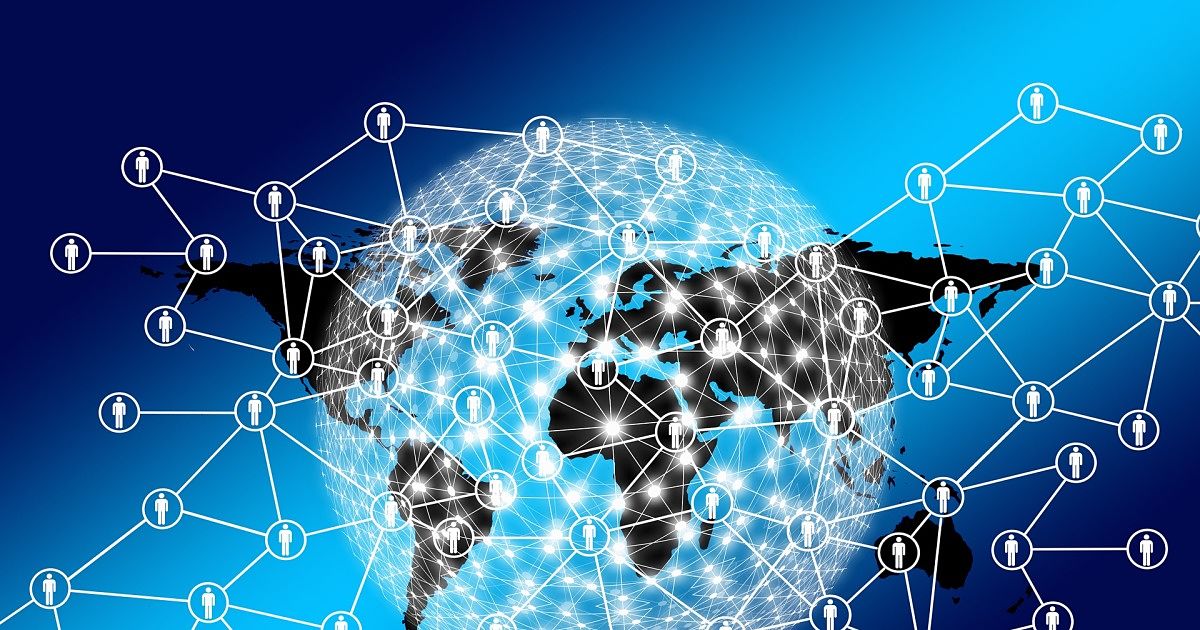When I was researching and writing our paper for Randstad’s sustainability@work report, recently published, COVID-19 had not yet hit. And yet, the analysis of what sustainable transformation implies for employees and the workplace has proved to be more relevant than ever for organizations responding to the Coronavirus crisis. In this article, I explain how the key issues I cover in detail in the report fit within the context of a COVID-19 impacted economy.
The foundations of sustainable transformation must be built upon an understanding of the world as a complex, interdependent system. This ‘systems thinking’ approach implies framing everything in terms of relationships, patterns and context. When we do this, we see that there are five areas of systemic breakdown in the world, i.e. forces of fragmentation that threaten to undermine the multi-level systems on which we rely for a well-functioning society and good quality of life. These are:
- Disruption – including shocks and emergency events, which can include pandemics, natural disasters, market crises or industrial accidents. The Coronavirus is a prime example of disruption, which threatens the overall functioning of many of our socio-economic systems.
- Disparity – including unequal treatment of different groups in society, due to discrimination and unfair economic and social practices. Now we see the COVID-19 is impacting some vulnerable groups more: the elderly, self-employed and homeless, for example.
- Degradation – including pollution and unsustainable use of resources, which are threatening the fabric of ecosystems that support life. During the Coronavirus lockdown, some environmental impacts are easing temporarily, but waste is also up due to panic buying and crisis spending.
- Disconnection – including the so-called digital divide, where large numbers of people remain offline, with low access or poor skills in using online technologies. With the rapid switch to home-working due to COVID-19, some are newly disadvantaged or excluded from work.
- Discontent – including risks to physical and mental health and well-being, such as the impacts of sickness or disease, stress and anxiety. The Coronavirus is obviously making many people extremely sick, as well as adding widespread stresses and strains at work and home.

When we understand that these five areas of systemic breakdown are also triggers for transformation, we can start looking at the counter-forces for innovation, integration and transformation. These are:
- Secure innovation in the resilience economy – including all of the products and services that help us to prevent, cope with or bounce back from disruptions. During the pandemic, we are seeing emergency responders stepping up, governments introducing rescue packages and companies pivoting to survive and support their employees through the crisis.
- Shared innovation in the access economy – including initiatives to provide equal economic opportunities and protect or empower vulnerable groups. COVID-19 has seen companies working with governments and NGOs to scale production of testing kits and ventilators, while others have reached out with volunteer support programs to vulnerable groups in society.
- Sustainable innovation in the circular economy – including moving towards a zero-waste by closing the loop on material and energy flows. While the Coronavirus is increasing waste (especially of food), widespread work-from-home policies and upscaling of videoconferencing is showing one pathway to dramatically reducing carbon emissions that cause climate change.
- Smart innovation in a digital economy – including the deployment of the internet-of-things (IOT), artificial intelligence, 3-D printing, blockchain and other technologies. Smart phone apps have been used to help track, isolate and communicate with COVID-19 carriers, while the use of virtual meeting software and learning platforms are connecting and empowering employees.
- Satisfying innovation in a well-being economy – including the provision of medicines, healthcare services and practices or techniques for mind-body vitality. Besides the incredible work of companies in the pharmaceutical and healthcare sector during the pandemic, many businesses are supporting virtual classes in yoga, mindfulness and exercise for employees.
When these breakthrough solutions work across more than one dimension, companies create what I call ‘integrated value’. For example, when Tesla and Dyson pivot their manufacturing to making ventilators, or BASF and Brown–Forman to making hand-sanitizer, or when IBM changes its Call to Code annual hackathon to focus on COVID-19 applications, these bring together secure+smart+satisfying solutions.
Similarly, when the Port of Antwerp keeps vital logistics routes in Europe operational throughout the crisis, or LinkedIn opens up its Learning platform for free, or when empty hotels are repurposed in the UK to provide safe shelter for 45,000 homeless people, these provide secure+shared+satisfying benefits that help to ensure social inclusion and physical health and mental well-being.
To summarize what sustainable transformation looks like during a crisis like COVID-19, here are five signposts:
- Be resilient – do what it takes to survive; pivot, adapt, bounce back.
- Be inclusive – help the most vulnerable; volunteer, donate, pool resources.
- Be frugal – find ways to do more with less; reuse, recycle, go circular.
- Be connected – use technology to increase communication; e-work, check-in, share solutions.
- Be healthy – put people’s well-being first; exercise, de-stress, allow recovery.
A crisis is a great opportunity to break the mould, and to rapidly test new ways of producing, working and consuming. Let’s not waste it.
Prof. Dr Wayne Visser is Professor of Integrated Value and holds the Chair in Sustainable Transformation at Antwerp Management School, supported by Randstad, BASF and Port of Antwerp. Do you want to contact Wayne Visser? Or do you have a question? Let him know via Wayne.Visser@ams.ac.be.



